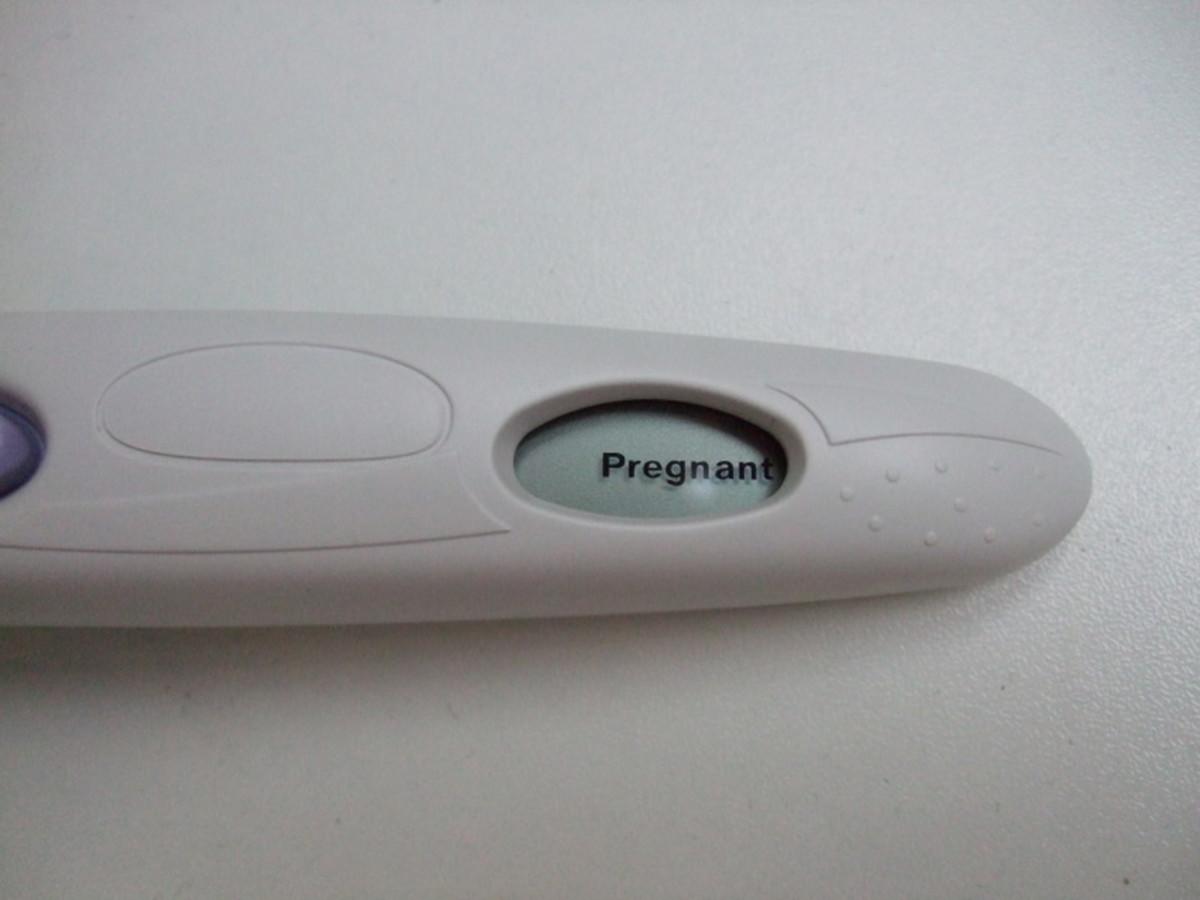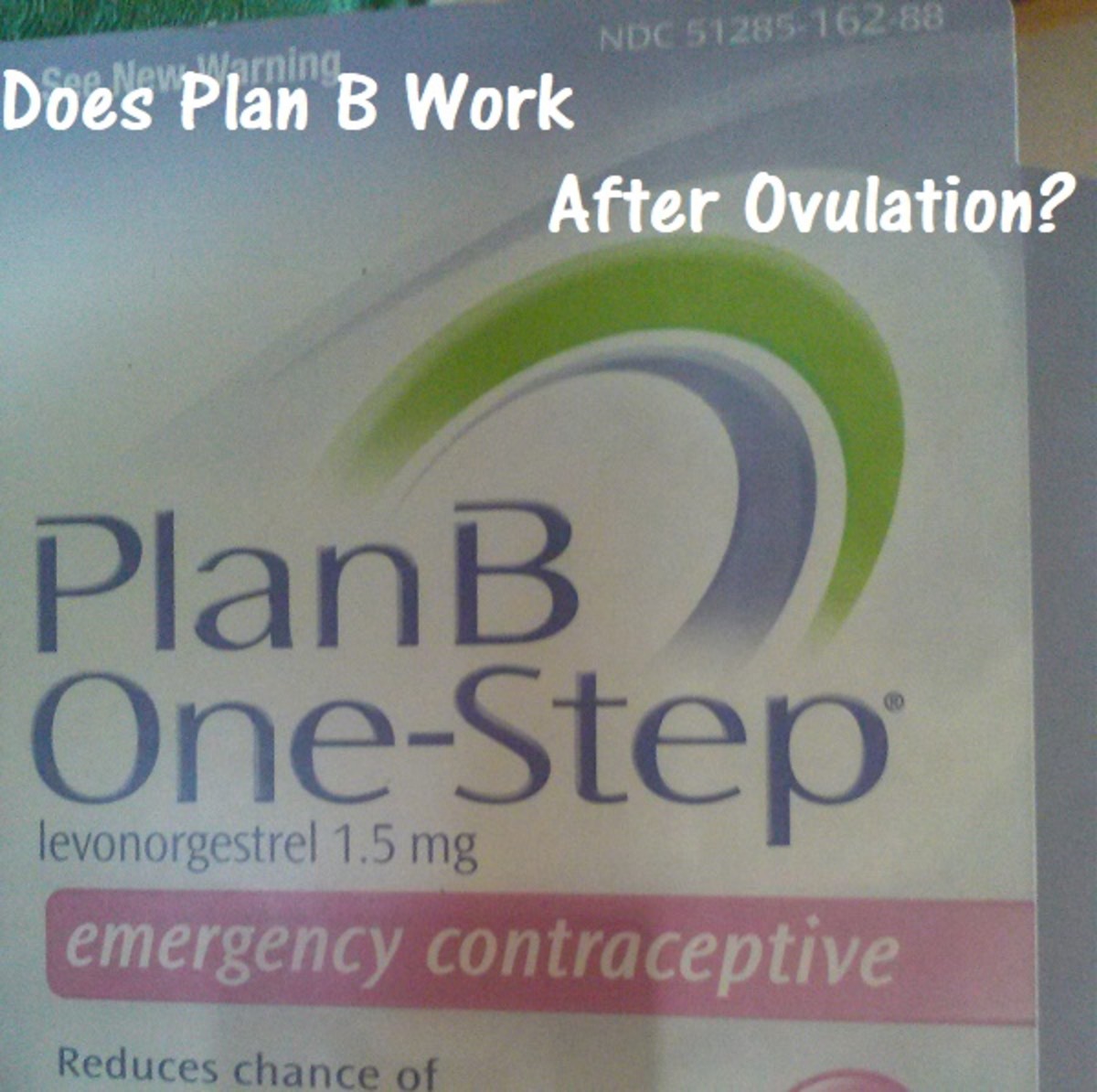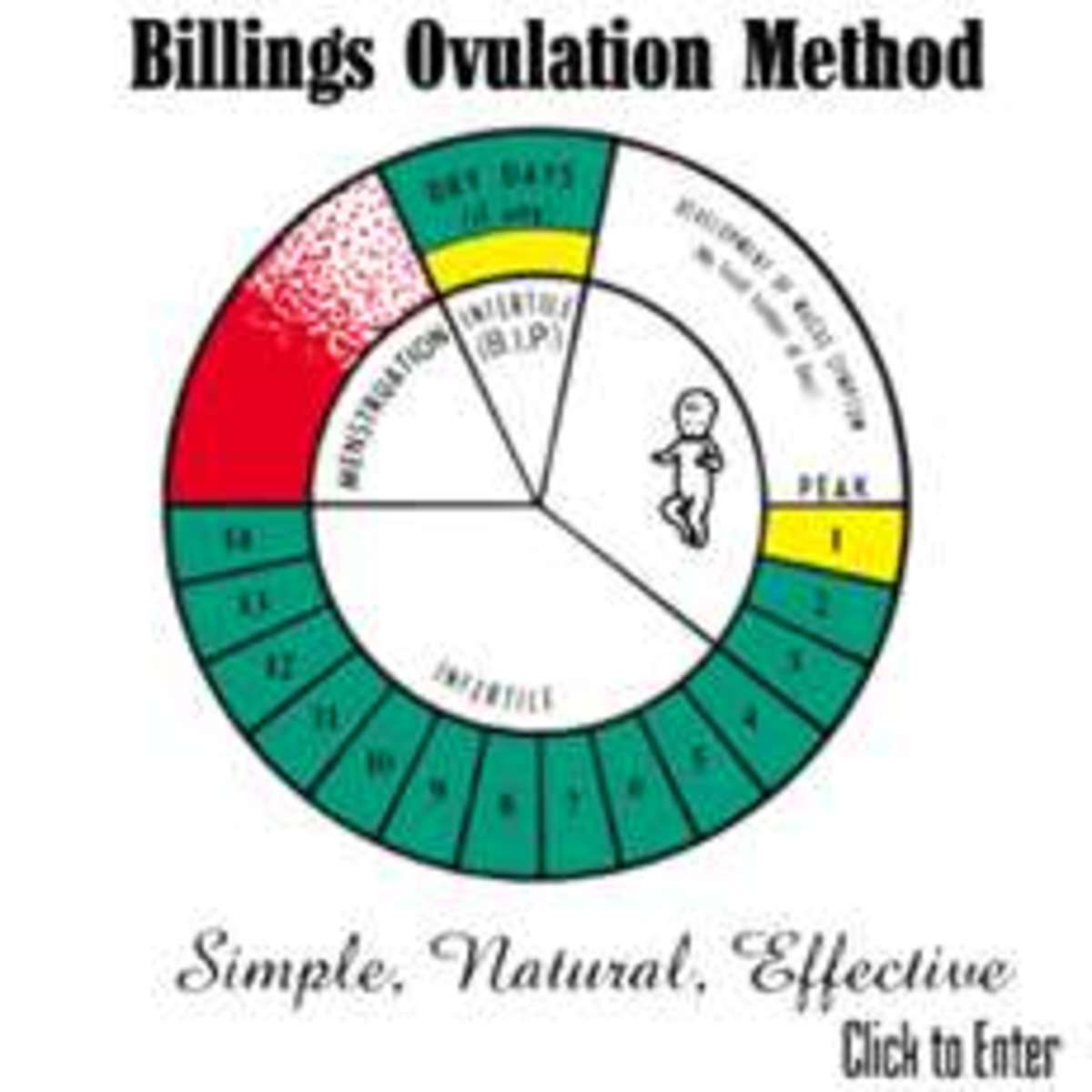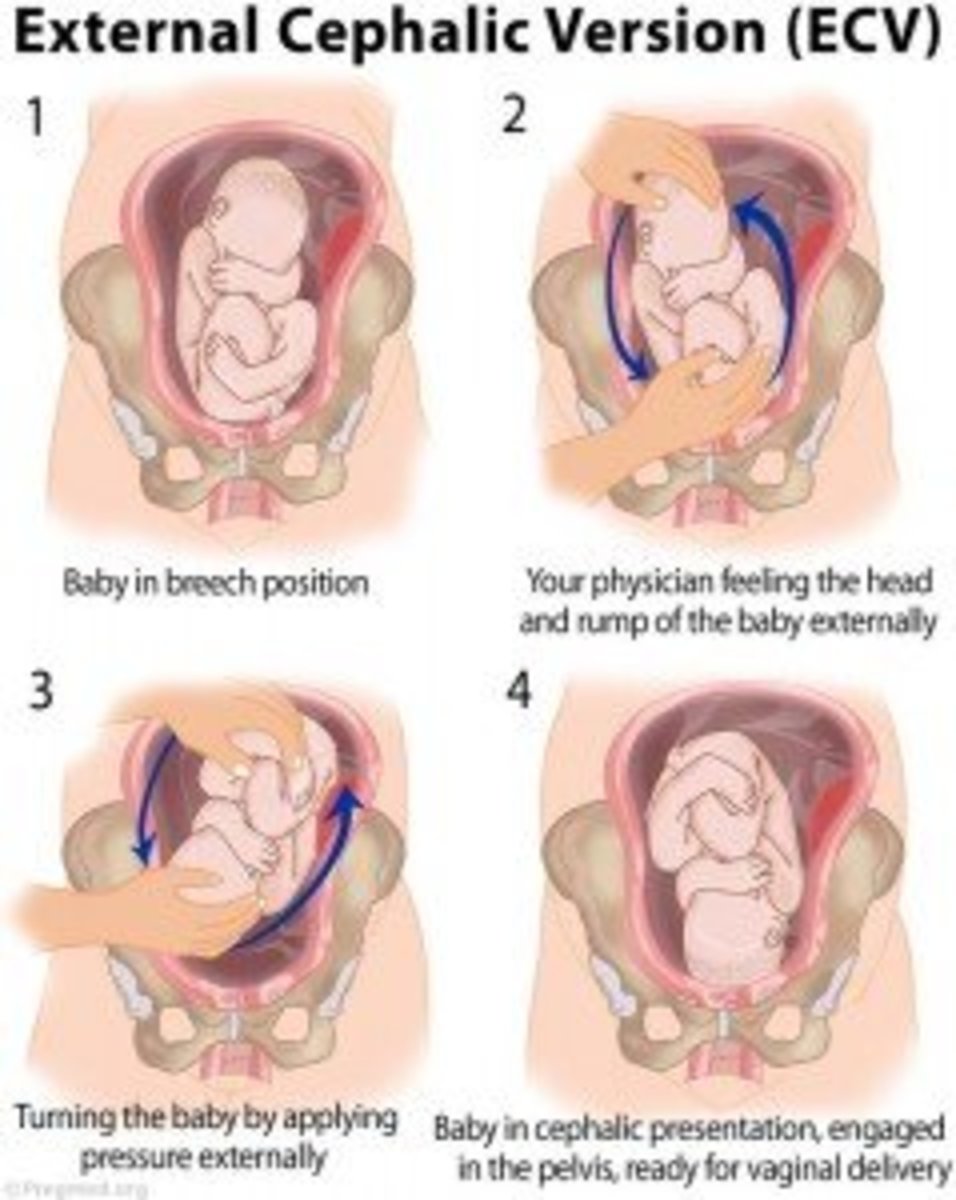When Can You Get Pregnant? Knowing When You Are Fertile to Conceive
To greatly improve your chance of successfully becoming pregnant, you should become familiar with your monthly cycle and learn how to identify exactly when you ovulate.
Knowing when you are fertile is the key to successfully managing to conceive.
When Can You Get Pregnant?
Every day millions of women around the world discover they are pregnant. Many pregnancies are unplanned. Given the number of unwanted pregnancies, it sometimes seems falling pregnant is way too easy.
But for many women and their partners who dream of the day when they become parents, successfully conceiving a child can seem near impossible.
’When is the best time for us to get pregnant?‘ couples often ask after previous disappointments.
This article will focus on answering the question for those actively trying and wanting to conceive.

Ovulation
During the monthly menstrual cycle, a woman is either in what is often called the 'safe' period (when pregnancy is less likely) or the fertile period when pregnancy is more likely to occur.
Conception takes place during ovulation, when the female egg is released from the ovary. But how can a woman and her partner know when ovulation takes place?
Many believe that ovulation occurs on Day 14 of the menstrual cycle, in which Day One is the first day when the menstrual cycle begins. However having sex on day 14 may not guarantee getting pregnant because women's cycles often vary from the quite common 28 day cycle.
Ovulation can occur before or after Day 14 depending on the number of days the menstrual cycle will last.
An egg released during ovulation dies within about 24 hours if it isn’t fertilized by a sperm. For pregnancy to occur a sperm has to meet and fertilize the egg.
Sperm can naturally survive for three days or more in the right environment, so sperm can be ready and waiting for ovulation. Fortunately there are a number of ways of predicting when you are most fertile and when ovulation occurs.
Billings Method for Becoming Pregnant
In 1953 Doctor John Billings identified symptoms that accompany ovulation. With the assistance of other doctors including his wife Evelyn, his research and findings were developed to become the Billings Method for identifying fertile and non-fertile periods within a woman's monthly cycle.
The Billings Ovulation Method has been used for over 50 years by women wishing to become pregnant, as well as women looking for a natural contraception system.
There is a period in a woman's cycle when she becomes moist with cervical mucous. This is a sign of fertility.
Cervical mucous is an environment that is very helpful to sperm. Sperm can remain alive in the mucous secretion for three days, sometimes up to five days. Without the support of cervical mucous, sperm dies much more quickly.
- Cervical mucous may show as a white mark on a woman's knickers.
- There is a slippery sensation at the vulva.
- This is a sign of likely fertility.
- 'Peak' is the last day of 'slippery'.
- Ovulation is likely to occur on Peak ...
- or within the following two days (despite no longer being slippery.)
So if you wish to become pregnant, the best time to be sexually active is from the first hint of cervical mucous secretion until the third day after the slippery sensation ends.
Using Ovulation Predictor Kits
Ovulation predictor kits help identify the period when you are fertile and can conceive a baby.
To get pregnant it is advised you have regular sex. But sometimes one or both partners may have trouble being available for one another as a result of commitments like work.
This is when using a ovulation prediction kit is most useful. It can help alert you to the time when you are most likely to successfully conceive.
Ovulation prediction kits work by testing either your urine or saliva. As for the urine the OPKs detects the surge of Leuteinising hormone (LH) which is normally observed one or two days before ovulation actually occurs.
LH is present in your blood in smaller amounts but it increases drastically a few days before ovulation takes place. If you decide to try an ovulation predictor kit, you'll find instructions on how to use it come with the kit.

Are you pregnant?
Checking Basal Body Temperature
Here is another method of predicting when ovulation actually occurs. It requires considerable effort so might only appeal to women seriously committed to giving themselves the best chance of becoming pregnant.
Each morning (leading up to the time when you expect to ovulate), take your temperature and compare it to readings from the previous days. Of course a temperature may rise for reasons other than ovulation, including fever or infection, but a woman's basal body temperature rises when ovulating.
- Temperature must be taken by mouth (not armpit or forehead)
- Taken in morning when you first wake, same time each day
- Taken before getting out of bed
- Before having any food or drink
- Thermometer should be left in place for 3 minutes (or until alarm sounds on automated thermometers.)
- Take note of each morning's reading.
Your ovulating temperature will only rise by as little as 0.5 to 1 degree Fahrenheit (0.2 to 0.5 degrees Celcius), so your record keeping will need to be precise. Some ovulation thermometers store previous days' readings in a memory, making it easier for you to spot the change and quickly take action.

Less Work, More Play
Too much stress associated with ‘planning’ a pregnancy can have a negative impact on the process itself.
So now you have a few different strategies for knowing when you are fertile and most likely to conceive, I hope you’ll use them to enhance your baby-making.
Make sure the process remains fun and doesn’t become a chore. Every child would like to be conceived in a happy moment when their parents are enjoying each other, I’m sure,
Good luck, and happy parenting!
This content is for informational purposes only and does not substitute for formal and individualized diagnosis, prognosis, treatment, prescription, and/or dietary advice from a licensed medical professional. Do not stop or alter your current course of treatment. If pregnant or nursing, consult with a qualified provider on an individual basis. Seek immediate help if you are experiencing a medical emergency.
© 2012 Daniel Long






